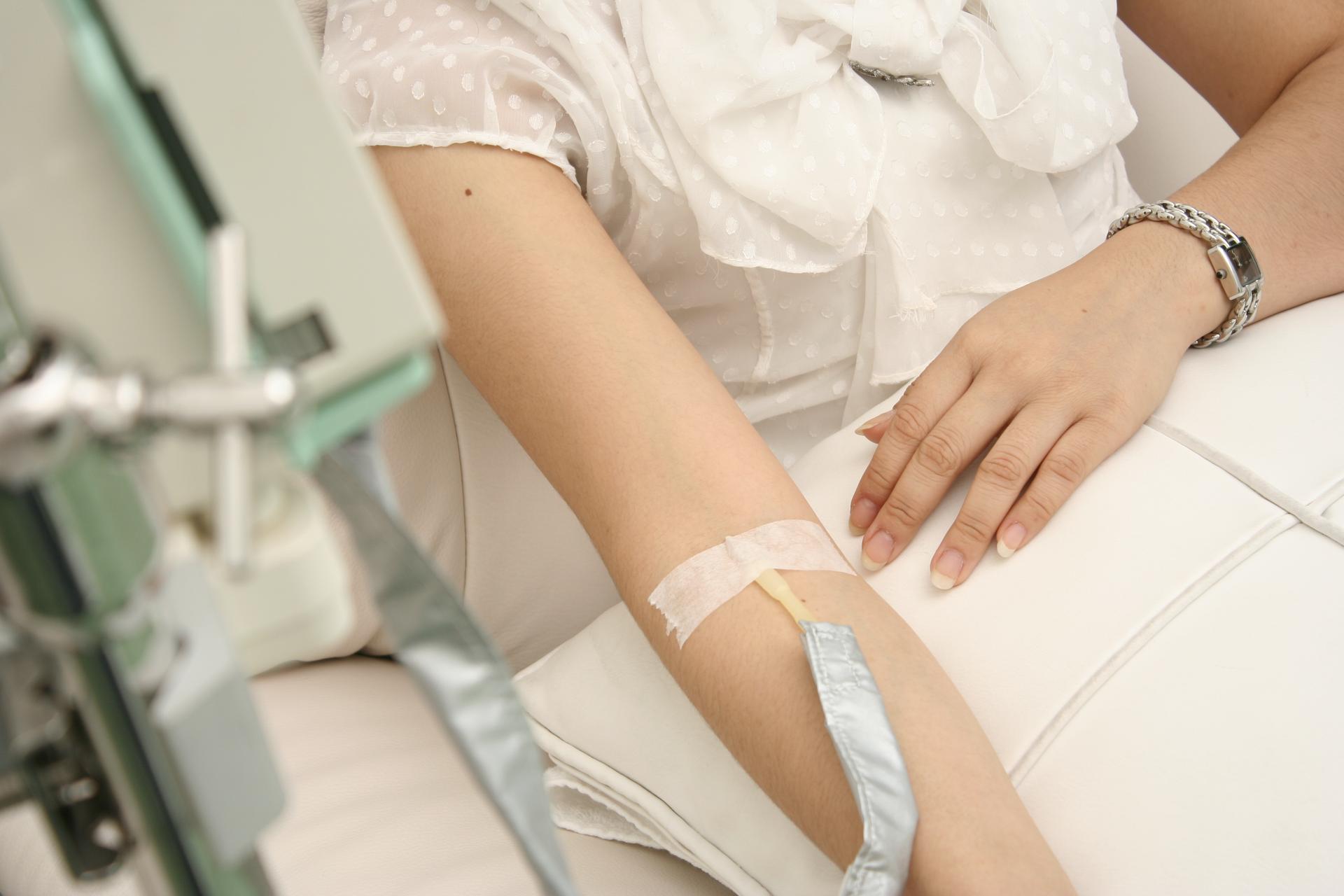Background
Seasonal allergic rhinitis is common and troublesome. Sublingual immuno (SLIT) has been proposed as an alternative to injection immuno and might offer some advantages if it were effective and practical in a community setting.
Objectives
To assess the efficacy and side-effect profile of SLIT in patients with summer hay fever uncontrolled on current standard medication. To assess the feasibility of delivering SLIT in a United Kingdom general practice setting.
Methods
Double-blind, placebo-controlled study in 186 patients with severe summer hay fever identified from 16 United Kingdom general practices. After a baseline year to ensure balanced groups, subjects were randomized, and SLIT was given for 1 or 2 years and compared with placebo. The principal outcome measure was symptoms as recorded on diary cards. Secondary criteria were skin and conjunctival reactivity, allergen-specific IgE and IgG4, and the frequency and severity of adverse effects.
Results
One hundred thirty-six subjects completed the study. After 1 year, no significant differences were found between actively treated subjects and the placebo group. After the second year of , subjects who had received 2 years results were 6.8 times more likely to show a reduction in nose running (P < .001) and 2.4 times more likely to have reduced sneezing (P < .05) compared with subjects in the placebo group. Benefits for nasal blockage were found at the peak pollen season and were similar in both actively treated groups.
Conclusion
Sublingual immuno can be given successfully and safely in the community. High-dose SLIT has beneficial effects on nasal symptoms during the peak pollen season in patients with severe seasonal allergic rhinitis. At least 2 years of results with SLIT is required to show a benefit.


